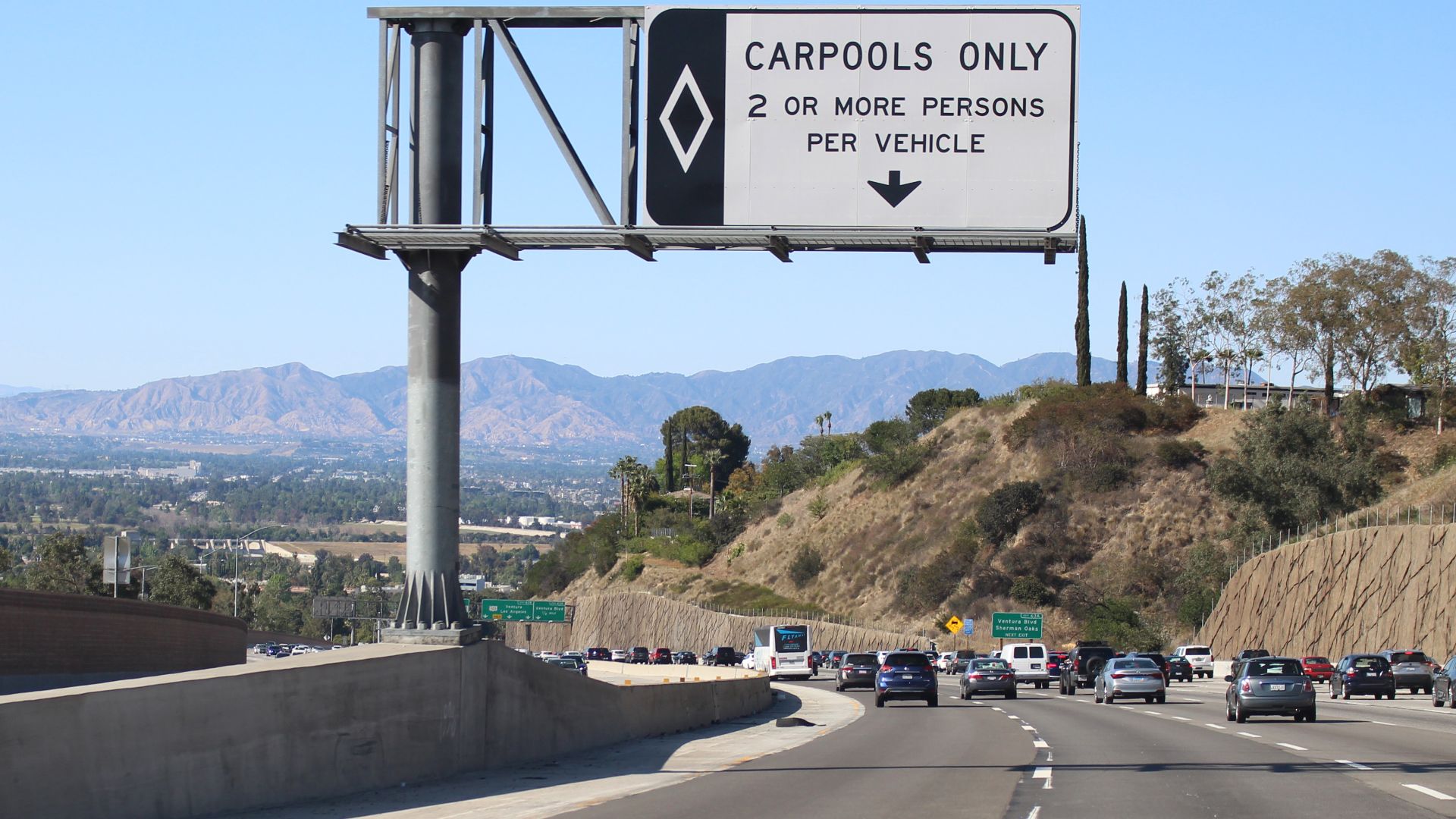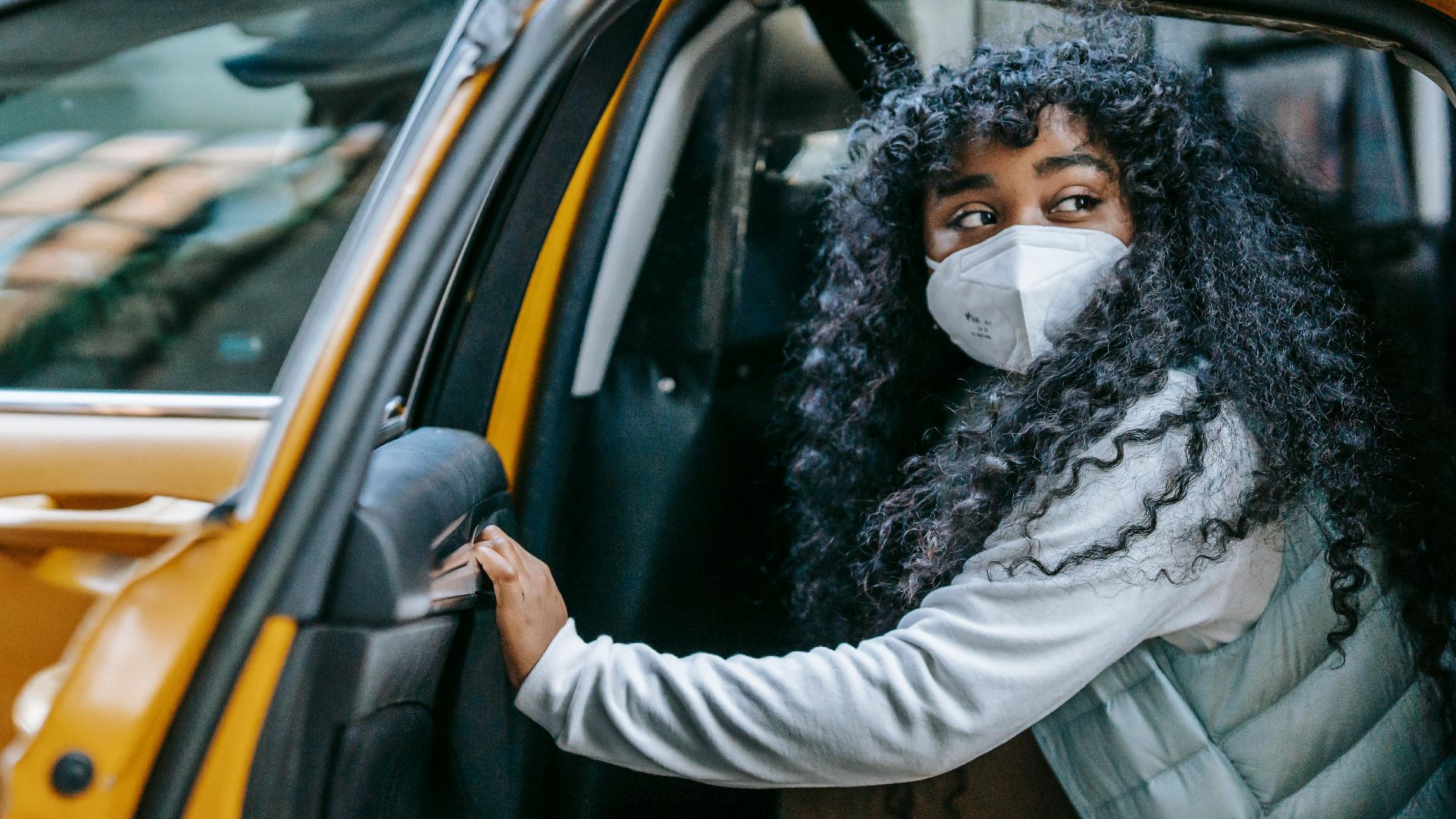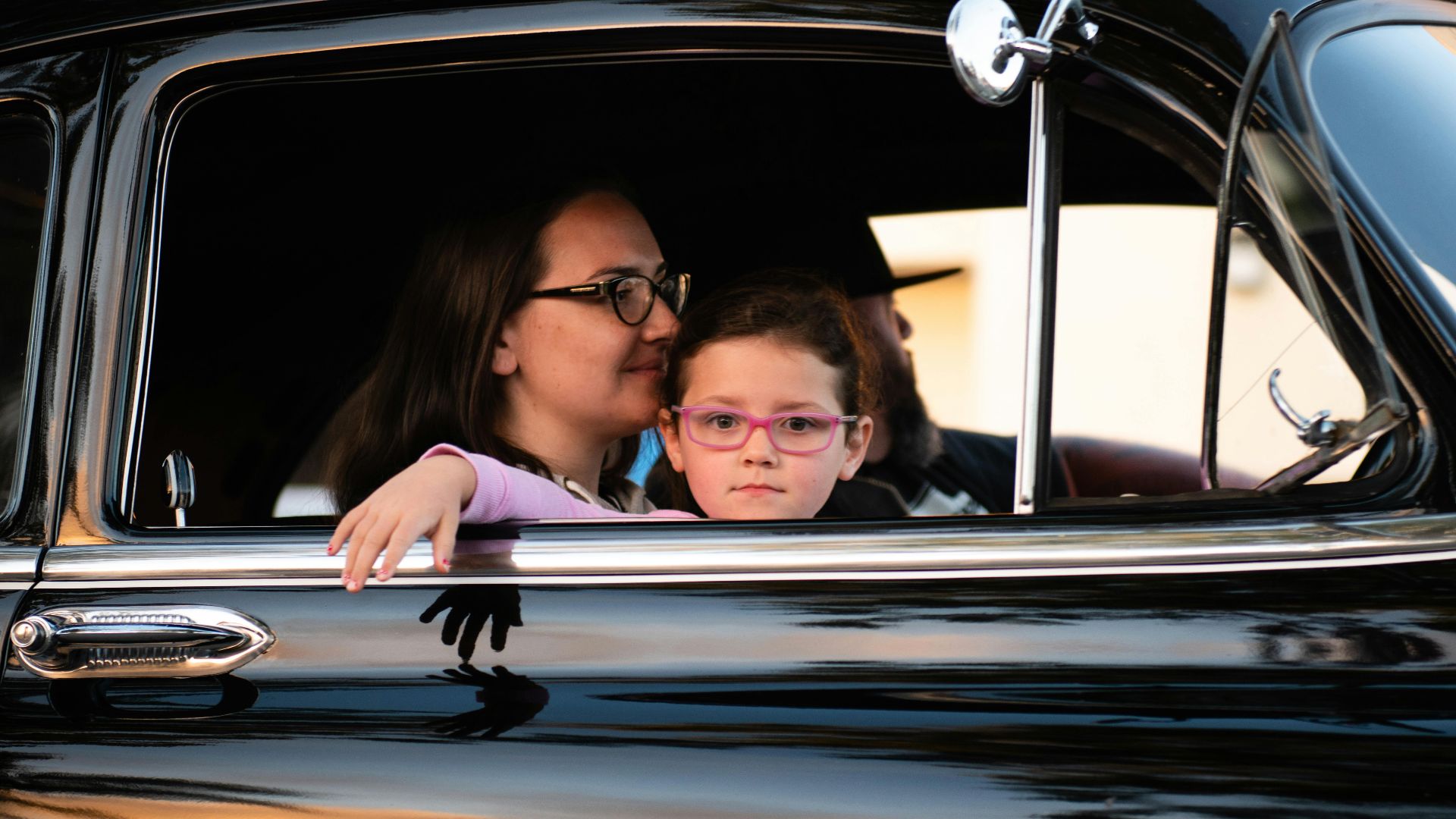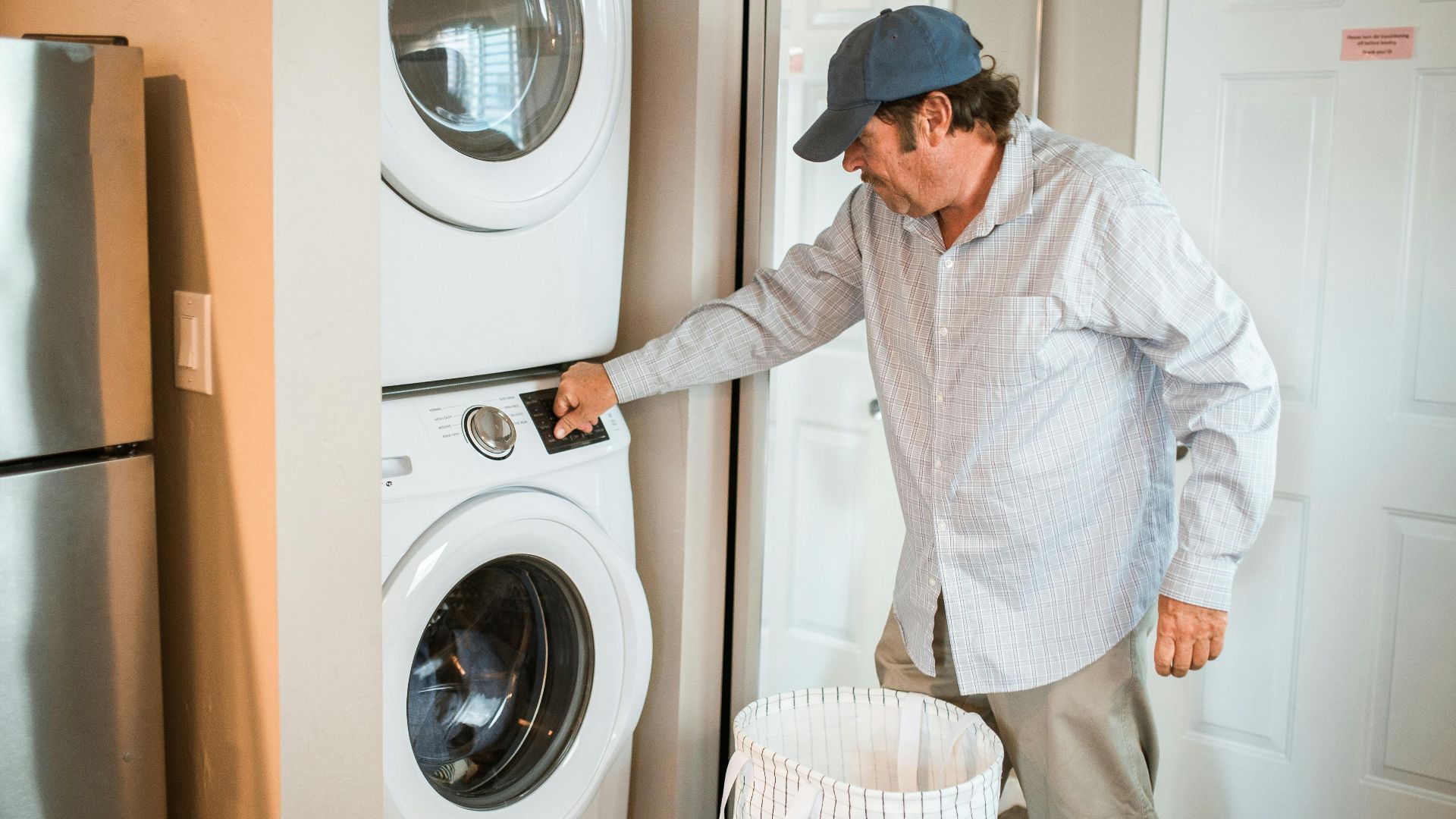Ride Or Regret?
There's something oddly polarizing about carpooling. For some, it becomes the best part of their day. For others, it quickly turns into a source of frustration they didn't see coming. On paper, the concept makes perfect sense. In practice, the results aren't always so peachy. If you're weighing the pros and cons or just curious about what actually happens when people share rides, here's what you need to know before deciding.
1. Reduces Wear And Tear On Your Vehicle
Carpooling reduces how much you drive each year, helping your engine and tires last longer. And if cars are used less, they typically need fewer repairs. AAA says owning a car costs over $12,000 annually, but sharing rides can lower that expense and increase resale value.
2. Frees Up Valuable Parking Space
When fewer cars hit the road, the parking spaces become less crowded and traffic eases. Cities lose nearly a third of their road space to parking. Shared rides can also cut parking demand by up to 50%. Some places even offer special parking spots for carpoolers.
3. Lowers Your Carbon Footprint Significantly
The EPA estimates that one car produces about 4.6 metric tons of CO₂ yearly. However, cutting the number of vehicles on the road lowers emissions for everyone. Just one shared trip can reduce over 20 pounds of daily carbon emissions, which helps cities achieve clean air.
4. Cuts Down On Daily Commuting Stress
Sharing driving duties helps reduce tiredness and road rage during stressful commutes. Talking with others on the ride can also lift your mood and make the trip more enjoyable. In general, carpoolers experience less stress compared to those driving alone.
5. Opens Up Time For Productive Tasks
Riding as a passenger lets you catch up on reading, emails, or listening to podcasts. This turns commute time into moments for learning or relaxing. In fact, many carpoolers gain five to ten hours a week to focus on personal growth or calm their minds.
6. Makes A Positive Social Impact
Carpooling creates stronger community ties by bringing people together. Riders often develop lasting friendships or professional contacts during their trips. Social carpooling encourages civic involvement and helps reduce feelings of loneliness, especially in suburban areas.
7. Unlocks HOV Lane Access
Carpooling lets you use high-occupancy vehicle lanes, avoiding heavy traffic jams. In some places, these lanes cut commute times by 30% or more. A study by Caltrans in California shows carpoolers save up to 20 minutes per trip. Many toll roads also allow HOV access.
8. Encourages More Consistent Punctuality
Carpooling encourages timely departures and arrivals by creating shared schedules. According to NITI Aayog, carpoolers arrive on time 23% more often than solo drivers. This reliability cuts last-minute delays and boosts work productivity, which builds a sense of responsibility among riders.
9. Saves Serious Cash On Transportation Costs
A 2023 MIT study found that carpoolers save as much as $1,200 a year. Carpooling cuts costs on gas, maintenance, tolls, and insurance based on wear and use. GasBuddy also reports that shared drivers spend half as much monthly on fuel.
10. Supports Smarter Urban Planning
Fewer cars on the road influence smarter city designs and create more green spaces. Urban planners use carpool data to improve infrastructure and promote walkable neighborhoods. Shared rides even ease traffic during big city events, making streets safer for everyone.
While carpooling offers many perks that make daily commutes easier and greener, it's not without its challenges. Let's explore some of the less obvious downsides that come with sharing the ride.
1. Coordination Can Be Logistically Draining
Coordinating everyone's schedules demands constant effort and flexibility. Even one missed pickup or time change affects the entire group. Usually, logistical issues cause many to quit carpooling. Sudden delays can also throw off personal plans and work commitments unexpectedly.
2. Limited Flexibility For Unexpected Plans
Carpooling limits freedom for spontaneous detours or last-minute changes. Many riders sacrifice errands or outings just to stay on schedule. That boxed-in feeling? It shows up nearly three times as often for carpoolers as it does for solo drivers. That's why some keep backup plans ready for emergencies.
3. Incompatible Personal Habits Cause Tension
Differences in music or air conditioning often cause tension among riders. Spending so much time close together can lead to awkward moments or conflicts. Sometimes, personality clashes are a significant source of dissatisfaction. Even hygiene differences add to the discomfort.
4. Higher Exposure To Illnesses
Sharing enclosed spaces raises the risk of catching respiratory infections. Ventilation and masks reduce risk but don't eliminate it completely. Shared vehicles can also harbor as many bacteria as public rideshares. During flu season, carpoolers face higher chances of illness.
5. Increased Risk Of Liability In Accidents
Drivers face potential legal liability if passengers get injured during rides. Some insurance policies require special declarations for carpool activities. Even close friends might sue after accidents. Informal carpools often struggle with legal ambiguity and unclear responsibilities.
6. Can Lead To Awkward Financial Disputes
Money matters can quickly become awkward and stressful in carpools. Disputes over driving turns or gas expenses are common. Unpaid costs may also prompt some drivers to leave groups. Without clear agreements, financial tension easily damages relationships.
7. May Complicate Daily Childcare Duties
Carpooling can make daily childcare tougher for working parents. Picking up or dropping off kids sometimes doesn't fit into shared schedules. Schools rarely accommodate carpool delays and added planning stresses families further.
8. Limited Privacy During Commutes
Shared rides offer little room for personal space. Riders can't easily take calls, vent, or unwind without others around. Over time, the constant chatter—or total silence—can feel draining. Many commuters miss their alone time, which can push them back to solo driving.
9. Not Ideal For Unpredictable Work Hours
Irregular shift workers or those in emergency roles struggle to find consistent ride partners. When hours change often, carpool systems break down quickly. That's why industries with fluctuating shifts report the highest rates of ride cancellations.
10. Makes It Harder To Run Personal Errands
Running simple errands becomes a challenge when you're sharing a ride, and quick stops are not possible. According to the Journal of Urban Planning (2023), many carpoolers delay errands until weekends, which cuts into their free time and creates added frustration.




























